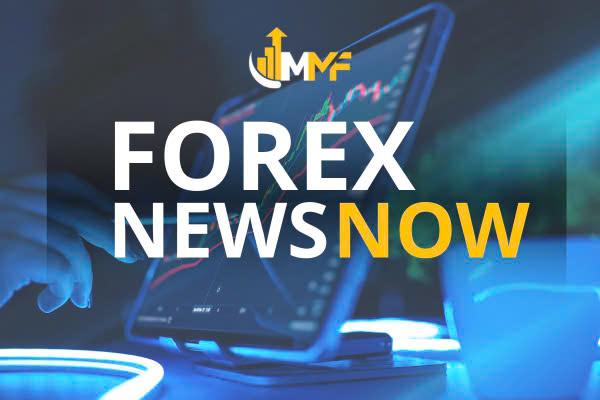According to Reuters, Olli Rehn, a key figure at the European Central Bank (ECB), stated on Monday that the underlying rate of price increases within the Eurozone appears to be moderating.
Important Points
“The impact of tariffs on the Eurozone economy is multifaceted.”
“I share the market’s view that tariffs are likely to dampen inflationary pressures, suggesting that the risks to current projections are primarily on the downside.”
“We should not automatically dismiss the possibility of reducing interest rates below the neutral level.”
“The concept of flexibility applies not only to the timing of decisions.”
How Markets Are Reacting
The Euro’s value doesn’t seem to be significantly affected by these remarks. At the time of this report, the EUR/USD pair remained unchanged for the day, trading at 1.1360.
ECB FAQs
Located in Frankfurt, Germany, the European Central Bank (ECB) serves as the central bank for the Eurozone. It is responsible for setting interest rates and guiding the monetary policy of the region.
The ECB’s main objective is to maintain price stability, which it defines as keeping inflation near 2%. It primarily achieves this by adjusting interest rates. Generally, higher interest rates tend to strengthen the Euro, while lower rates may weaken it.
The ECB Governing Council convenes eight times annually to make decisions about monetary policy. The council consists of the heads of the Eurozone’s national banks, along with six permanent members, including the ECB President, Christine Lagarde.
In extraordinary circumstances, the European Central Bank can implement a policy known as Quantitative Easing. QE involves the ECB creating Euros and using them to purchase assets, typically government or corporate bonds, from banks and other financial institutions. QE typically leads to a depreciation of the Euro.
QE is employed as a last resort when simply lowering interest rates is unlikely to achieve the desired level of price stability. The ECB utilized this tool during the Great Financial Crisis of 2009-11, in 2015 when inflation remained persistently low, and again during the COVID-19 pandemic.
Quantitative tightening (QT) represents the opposite of QE. It is implemented following a period of QE when the economy is recovering and inflation begins to rise. During QE, the European Central Bank (ECB) buys government and corporate bonds from financial institutions to provide them with liquidity. In contrast, during QT, the ECB ceases to purchase additional bonds and stops reinvesting the principal as the bonds it already holds mature. This is generally seen as a positive (or bullish) sign for the Euro.






